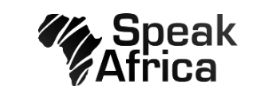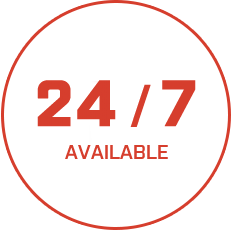5 Steps to Becoming a Professional Translator
Step 1: Get Certified
The first thing I tell people who want to know how to become a translator is to get some sort of accreditation or certification. Having credentials provides documentation that you have the skills required to translate or interpret professionally.
Step 2: Get Tested
Another resume builder is to take language proficiency tests such as the Defense Language Proficiency Test (DLPT) or other language proficiency tests to show potential clients that you are indeed fluent in your specific language.
Step 3: Gain Experience
The next step is to gain experience. All of us have had to start out doing internships or working entry-level jobs in order to climb the ladder, and the language industry is no exception. If you’re enrolled at or live near a college, take classes in translation / interpreting and look for opportunities to perform translation or interpreting work on campus for various departments. It is crucial to get experience where you can show samples of your work to potential clients and get recommendations.
Step 4: Market Yourself
After getting credentials and some experience, it’s time to market yourself to law firms, police stations, hospitals, government agencies, and language agencies that may need translators or interpreters in your area. Most translators / interpreters work for clients on a contract basis, not as full time employees. A great way to market your services is to start a website or blog and join the active community of online language professionals. Also, make sure you have your resume and rates ready! The best indicator that an aspiring translator or interpreter is not a professional is when they have no idea what their rates should be! If you don’t know what rates to charge, call other interpreters and translators and find out what theirs are.
Step 5: Keep Learning!
As you progress as a translator / interpreter, there are other areas to consider as well. What specialized industry or industries can you translate or interpret for? Do you keep up with industry terms and trends? Are you computer savvy and knowledgeable regarding translation memory software?
Start your CAREER NOW, do not hesitate to apply to work with us;

